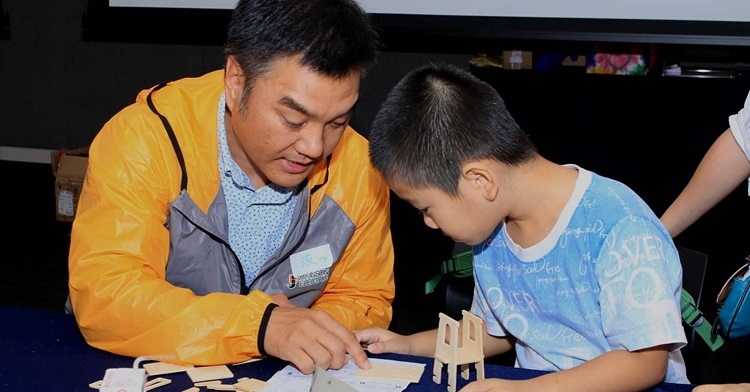One of Hong Kong's official policies, which have existed since over a decade, is integrating students with special education needs (SEN) into mainstream classrooms. The only catch, though, is not all people in the city knows and understands how it works.
As of September 2017, there are about 61 schools continuously appearing on the EDB's list of aided special educational institutions. Under its supervision are schools for children who have either visual or hearing impairment, as well as physical and mental disability. It also covers institutions explicitly designed for development and hospital, South China Morning Post reports.
The Jockey Club Sarah Rose School, which is run by the English Schools Foundation, is the only international special school listed on the said list.
All of these schools took in about 8,060 students in the school year 2017 to 2018, which is a little over 2 percent of which occurred in an international setting. This number reportedly sums up 17 percent of some 46,000 SEN schoolchildren who are in need of vital support services. The figure, in particular, is courtesy of local advocacy group called SEN Rights Association and is based on the own study conducted by the EDB.
The rest of the SEN students are in mainstream classrooms. The EDB has developed a Three-tier Intervention Model in line with its approach to integrated education.
Dr. Liu Duo, the associate head and associate professor of the Department of Special Education and Counselling at the Education University of Hong Kong, explains that this model is meant to exemplify how teaching approach for SEN students can be inclusive and differentiated at the same time.
For instance, a student is diagnosed with mild to persistent learning difficulties. He could be identified as tiers 1 or 2; hence, he can be subjected for teaching in mainstream classrooms with add-on interventions, including pull-out programmes and small group teaching.
As far as tier-3 students are concerned, these are those with severe special educational needs and, thus, require a strictly tailor-made curriculum or other kinds of "intensive individualised support", as the EDB puts it.
According to Hong Kong Informer, SEN students entering public sector mainstream schools are taught under the local academic structure, with the Hong Kong Diploma of Secondary Education (DSE) as the final stage before university education. On the other hand, for those favoring a non-local curriculum, there are numerous options available, and the whole object is to make an early start.
For example, Small World Christian Kindergarten, in Mid-Levels, uses a collaborative and inclusive approach in supporting young children at different learning levels through their Individual Needs Programme.






